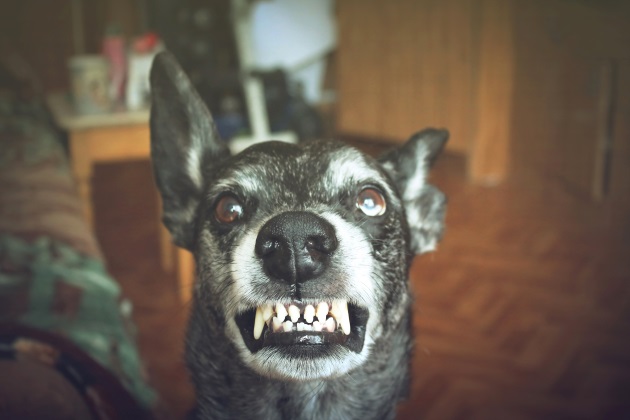Just like humans dogs can indeed have learning disabilities that affect their ability to process information and respond to training. As a pet parent, recognizing and understanding these challenges is crucial for providing the best care for your four-legged friend.
The Reality of Canine Learning Disabilities
Learning disabilities in dogs are more common than many pet owners realize. These cognitive challenges can manifest in various ways, affecting how our furry companions process information, learn commands, and interact with their environment. If you’re looking for more detailed information about dog behavior and training, check out these helpful dog care guides.
Common Signs of Learning Disabilities in Dogs
Behavioral Indicators
- Difficulty following basic commands
- Slower response time to stimuli
- Struggles with house training
- Inability to remember previously learned behaviors
- Confusion in familiar environments
Physical Signs
- Poor coordination
- Delayed motor skills development
- Difficulty with spatial awareness
- Unusual repetitive behaviors
- Problems with balance
Types of Learning Disabilities in Dogs
-
Cognitive Processing Issues
- Trouble understanding commands
- Difficulty with pattern recognition
- Slower learning curve
-
Sensory Processing Disorders
- Oversensitivity to sounds
- Visual processing problems
- Touch sensitivity issues
-
Memory-Related Challenges
- Short-term memory problems
- Difficulty retaining training
- Inconsistent command response
Supporting Your Dog with Learning Disabilities
As Pet like boss explains there are several ways to help your dog cope with learning disabilities
Modified Training Approaches
- Use shorter training sessions
- Implement more frequent repetitions
- Utilize positive reinforcement
- Break tasks into smaller steps
- Create consistent routines
Environmental Adjustments
- Maintain a quiet, structured environment
- Remove overwhelming stimuli
- Establish clear boundaries
- Use visual cues and markers
- Create safe spaces
Professional Support and Resources
When dealing with canine learning disabilities, consider:- Consulting with veterinary behaviorists- Working with specialized trainers- Joining support groups- Implementing therapy exercises- Regular veterinary check-ups
Tips for Daily Management
-
Exercise and Stimulation
- Regular physical activity
- Brain games
- Sensory enrichment
- Structured playtime
-
Diet and Nutrition
- Brain-healthy foods
- Proper supplementation
- Regular feeding schedule
- Adequate hydration
-
Routine and Structure
- Consistent daily schedule
- Clear boundaries
- Predictable environment
- Regular rest periods
Understanding Your Dog’s Unique Needs
Every dog with learning disabilities is unique, requiring:- Patience and understanding- Customized training approaches- Flexible expectations- Ongoing assessment and adjustment
The Importance of Early Detection
Recognizing signs early can make a huge difference:- Monitor puppy development- Track learning progress- Document behavioral changes- Maintain regular vet visits
Creating a Supportive Home Environment
Physical Adaptations
- Safe spaces
- Clear pathways
- Reduced clutter
- Appropriate toys
Emotional Support
- Consistent routine
- Positive reinforcement
- Calm atmosphere
- Patient interaction
Working with Family Members
Everyone in the household should:- Understand the condition- Follow consistent training methods- Maintain patience- Provide appropriate support
Long-term Management Strategies
Daily Care
- Regular exercise
- Consistent training
- Proper nutrition
- Adequate rest
Ongoing Support
- Regular vet check-ups
- Behavior monitoring
- Training adjustments
- Environmental modifications
Building Confidence
Help your dog succeed by:- Celebrating small wins- Setting achievable goals- Providing positive experiences- Maintaining patience
The Role of Socialization
Careful socialization helps:- Build confidence- Develop coping skills- Improve adaptation- Reduce anxiety
Can dogs have learning disabilities? The answer is absolutely yes, and understanding this is the first step in providing the best care possible. With proper support, patience, and understanding, dogs with learning disabilities can lead happy, fulfilling lives. Remember that each dog is unique, and what works for one may not work for another.
Remember to stay patient, consistent, and loving in your approach. Your furry friend may learn differently, but they’re still capable of giving and receiving love just like any other dog. With the right support and understanding, you can help your dog navigate their learning challenges and thrive in their own unique way.












